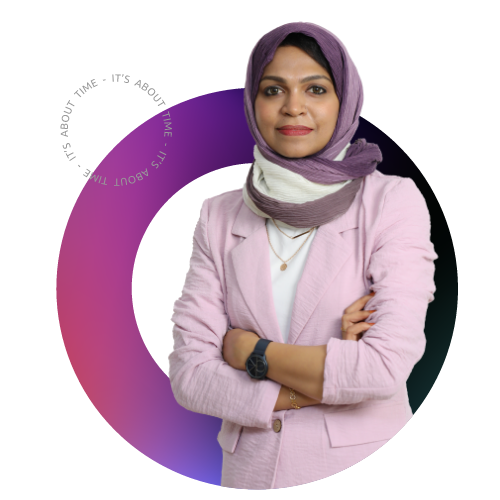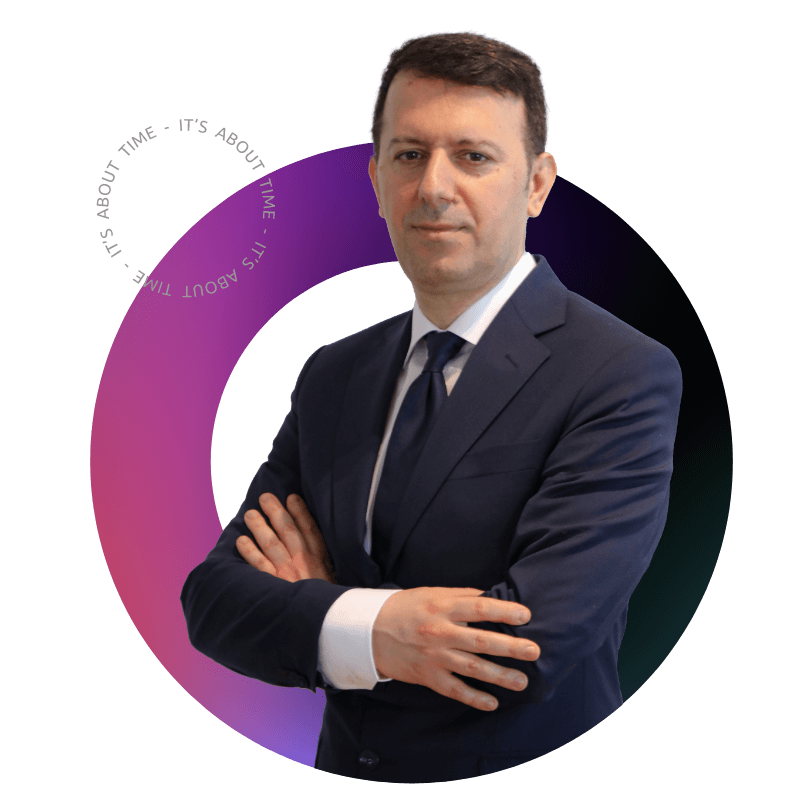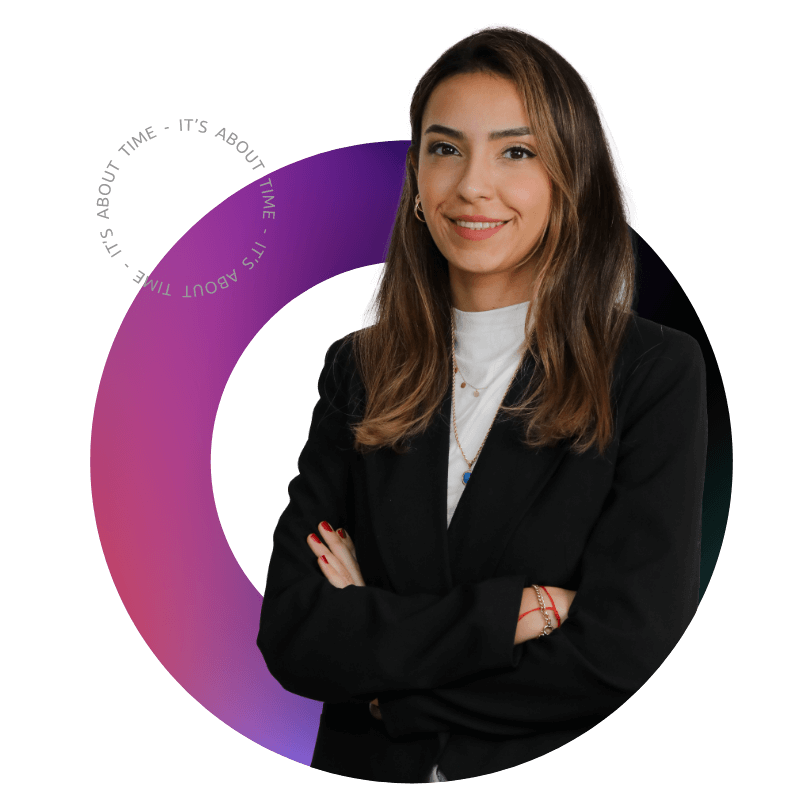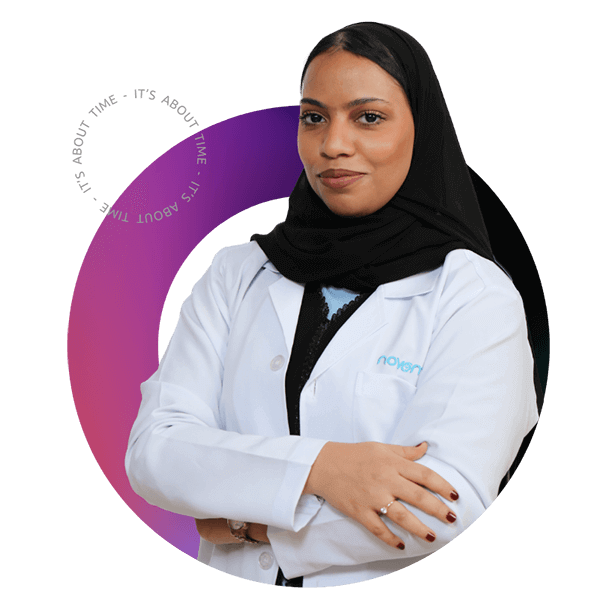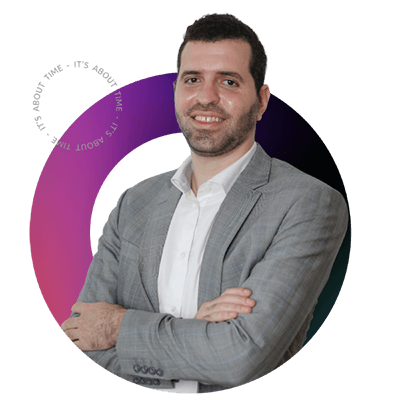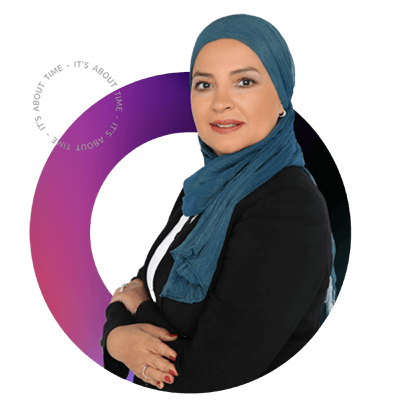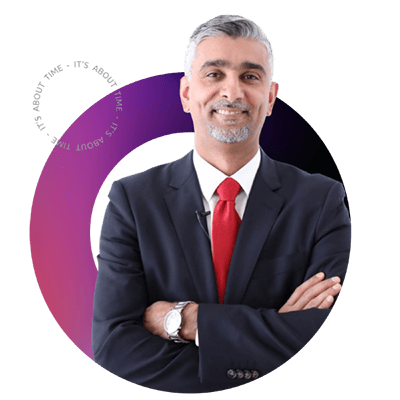Post-traumatic stress disorder (PTSD) is a mental health condition triggered by a traumatic event that you may have witnessed or experienced. Symptoms may include flashbacks, nightmares and intense anxiety, as well as uncontrollable thoughts about the event.
Most people who experience traumatic events may have temporary difficulty adjusting, but they usually get better with time and good self-care. If symptoms worsen, persist for months or even years, and interrupt your daily life, you may have post-traumatic stress disorder (PTSD).
At Novomed, we have a dedicated mental health clinic and a team of highly qualified psychiatrists and psychologists who can help you receive effective to reduce the symptoms of PTSD and improve your life quality.
What are the symptoms of PTSD?
Symptoms of PTSD may start to develop within one month following a traumatic event, but sometimes symptoms may not appear until years after the event. They have a significant impact social or work situations and relationships and can also interfere with your ability to perform your normal daily activities.
PTSD is usually categorized into four types; intrusive thoughts, avoidance, alterations in cognition and mood, and alterations in arousal and reactivity. Symptoms can change over time or vary from person to person.
1. Intrusive thoughts
Symptoms of intrusive thoughts may include:
- Recurring and unwanted traumatic memories of the traumatic event
- Reliving the moment of the traumatic event as if it were happening again (replay)
- Disturbing recurrent nightmares about the traumatic event
- Intense emotional stress or physical reactions to something that reminds you of the traumatic event
2. Avoidance
Symptoms of avoidance may include:
- Trying to avoid thinking or talking about the traumatic event
- Avoiding activities, places and people that remind you of the traumatic event
3. Alteration in cognition and mood
Symptoms of alterations in cognition and mood may include:
- Negative thoughts about yourself, others, or the world
- Memory problems, including not remembering important aspects of a traumatic event
- Difficulty maintaining close relationships
- Feeling separated from family and friends
- Lack of interest in activities you used to enjoy
- Difficulty feeling positive emotions
- Feeling emotional numbness
4. Alterations in arousal and reactivity
Symptoms of alterations to arousal and reactivity may include:
- Feeling panicked or frightened easily
- Constant attention to the presence of danger
- Self-destructive behavior, such as drinking too much or driving too fast
- Difficulty sleeping
- Difficulty concentrating
- Irritability, tantrums, or aggressive behavior
- An intense sense of guilt or shame
For children 6 years of age and younger, signs and symptoms may also include:
- Re-enactment of the traumatic event or aspects of the traumatic event during play
- Nightmares that may or may not include aspects of the traumatic event
What are the causes of PTSD?
You may develop PTSD after experiencing, seeing or knowing about an event that involves a threat of death, actual death, serious injury or sexual abuse.
Doctors don’t know exactly why some people develop post-traumatic stress disorder (PTSD). As with most mental health problems, PTSD is likely to be caused by a combination of:
- Stressful experiences, including the amount and severity of the stress you experienced in your life.
- Having a family history of anxiety and depression.
- Inherited characteristics of your personality.
- The way the brain regulates the chemicals and hormones the body produces in response to stress.
Moreover, the following factors may increase the risk of developing this disorder after exposure to trauma:
- Experiencing an acute long-term trauma.
- Experiencing a previous life trauma, such as being abused during childhood.
- Working in a job increasing the risk of exposure to traumatic events, such as military personnel.
- Having mental health problems, such as anxiety or depression.
- Experiencing substance abuse problems such as excessive alcohol consumption.
- Lack of support from family or friends.
How is PTSD diagnosed?
To diagnose PTSD, your therapist will likely:
- Perform a physical exam to identify any medical problems that may be causing your symptoms.
- Conduct a psychological evaluation that includes a discussion of the signs and symptoms and the event or events that led to their development.
- Use the criteria provided in the Diagnostic and Statistical Manual of Mental Disorders, published by the American Psychiatric Association.
How is PTSD treated?
You should not try to cope with your post-traumatic stress disorder on your own. You can change your life for the better by seeking professional help at our mental health clinic.
Receiving a treatment will help you regain control of your life. Psychotherapy is the primary method of treatment, and this can also include drug therapy. The combination of the two treatment methods will improve symptoms by:
- Teaching you the skills necessary to deal with your symptoms.
- Helping you change the way you think about yourself, others and the world around you.
- Informing you about the different ways you can cope if symptoms recur.
- Treating other problems associated with a traumatic event, such as depression, anxiety, alcohol and drug abuse.
Psychotherapy
Several approaches of psychotherapy may be used to treat children and adults with PTSD. Some types of psychotherapy used to treat PTSD include:
Cognitive therapy. This type of talk therapy helps you recognize the ways of thinking (cognitive patterns) that keep you engaged — such as negative beliefs about yourself and the risk of traumatic things happening again. For PTSD, cognitive therapy is often used in conjunction with exposure therapy.
Exposure therapy. This behavioural therapy helps you to safely face both situations and memories that you find frightening so that you can learn to cope with them effectively. Exposure therapy can be especially helpful in cases of flashbacks and nightmares.
Your therapist can help you develop stress management skills to help you better deal with stressful situations and cope with the stress in your life. You can discuss with our mental health professional what type of treatment or combinations of treatments might best meet your needs.
Drug therapy
Several types of medications may help improve symptoms of post-traumatic stress disorder (PTSD), including:
- Antidepressants. These medications help with symptoms of depression and anxiety. It may also help improve sleep and concentration problems.
- Anti-anxiety medications. These medications may relieve severe anxiety and related problems. Some anti-anxiety medications can be addictive. So, they are usually used for only a short time.
You can work with your doctor to determine the best treatment, with the least side effects, for your symptoms and condition. You may feel an improvement in your mood and other symptoms within a few weeks.
Although it may take some time before you feel the benefits of treatment or medications, treatment can be effective, and most patients recover. Remind yourself that it takes time. Following your treatment plan and routinely contacting your mental health professional will help you move forward.
To book an appointment or for more information about PTSD Treatment, call us toll-free on 800 (NOVO) 6686 or click the live chat icon at the bottom of the screen.

